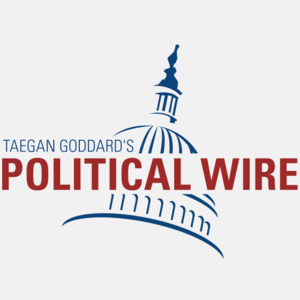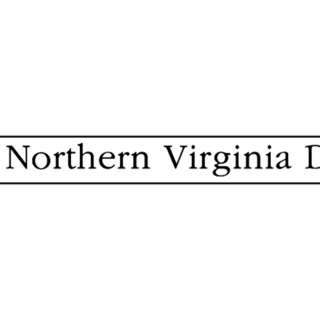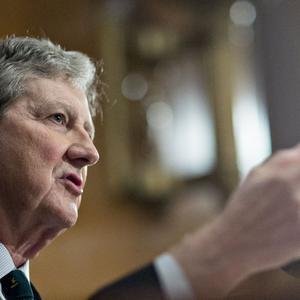- New York State’s top court struck down a law allowing noncitizens to vote in New York City local elections. The law would have given more than 800,000 people with green cards or permanent residence status the ability to cast a ballot.
- The law was approved in the final days of the Bill De Blasio administration and the legislation subsequently went into effect in 2022 after neither he nor his successor Mayor Eric Adams vetoed the bill.
- The legal issue centered around a section in the New York State Constitution that read, “Every citizen shall be entitled to vote at every election for all officers elected by people.”
Full Story
New York State’s top court struck down a law allowing noncitizens to vote in New York City local elections. The law would’ve given more than 800,000 people with green cards or permanent residence status the ability to cast a ballot.
New York’s high court, however, sided with Republicans who challenged the law, ruling against the measure 6-1 on Thursday, March 20.
When did the law go into effect?
The law was approved in the final days of the Bill De Blasio administration. The legislation subsequently went into effect in 2022 because neither he nor his successor Mayor Eric Adams vetoed the bill.
What are the legal arguments for and against the law?
The legal issue centered around a section in the New York State Constitution that read, “Every citizen shall be entitled to vote at every election for all officers elected by people.”
Republicans contend this statement outlaws all noncitizens from voting. However, Democrats argued local government should use this as a floor not a ceiling and that local governments have the authority to expand voting rights further if they want.
What was the majority opinion of the court?
“Under the interpretation, municipalities are free to enact legislation that would enable anyone to vote– including– thirteen-year-old children,” Chief Justice Rowan Wilson wrote in the majority opinion. “It is plain from the language and restrictions contained in [the state constitution] that ‘citizen’ is not meant as a floor, but as a condition of voter eligibility: The franchise extends only to citizens whose right to vote is established by proper proofs.”
How are both sides responding?
Staten Island Republican lawmaker Michael Tannousis, who is one of the plaintiffs in the case, responded to the ruling.
“As the son of immigrants that came to New York for the American Dream and worked hard to become naturalized citizens, I am content with today’s ruling,” Tannousis said.
Murad Awawdeh, President and CEO of the New York Immigration Coalition, however, disagreed. He called the decision “a devastating setback for voting rights” that disenfranchises “the communities that help keep New York running.”
“We strongly disagree with the court’s decision, which undermines the very principles of inclusion that make our democracy strong,” Awawdeh wrote in a statement. “Denying New Yorkers with legal permanent residency or work authorization the right to vote in local elections is a grave injustice, stripping them of the ability to influence the policies that govern their daily lives.”










































































